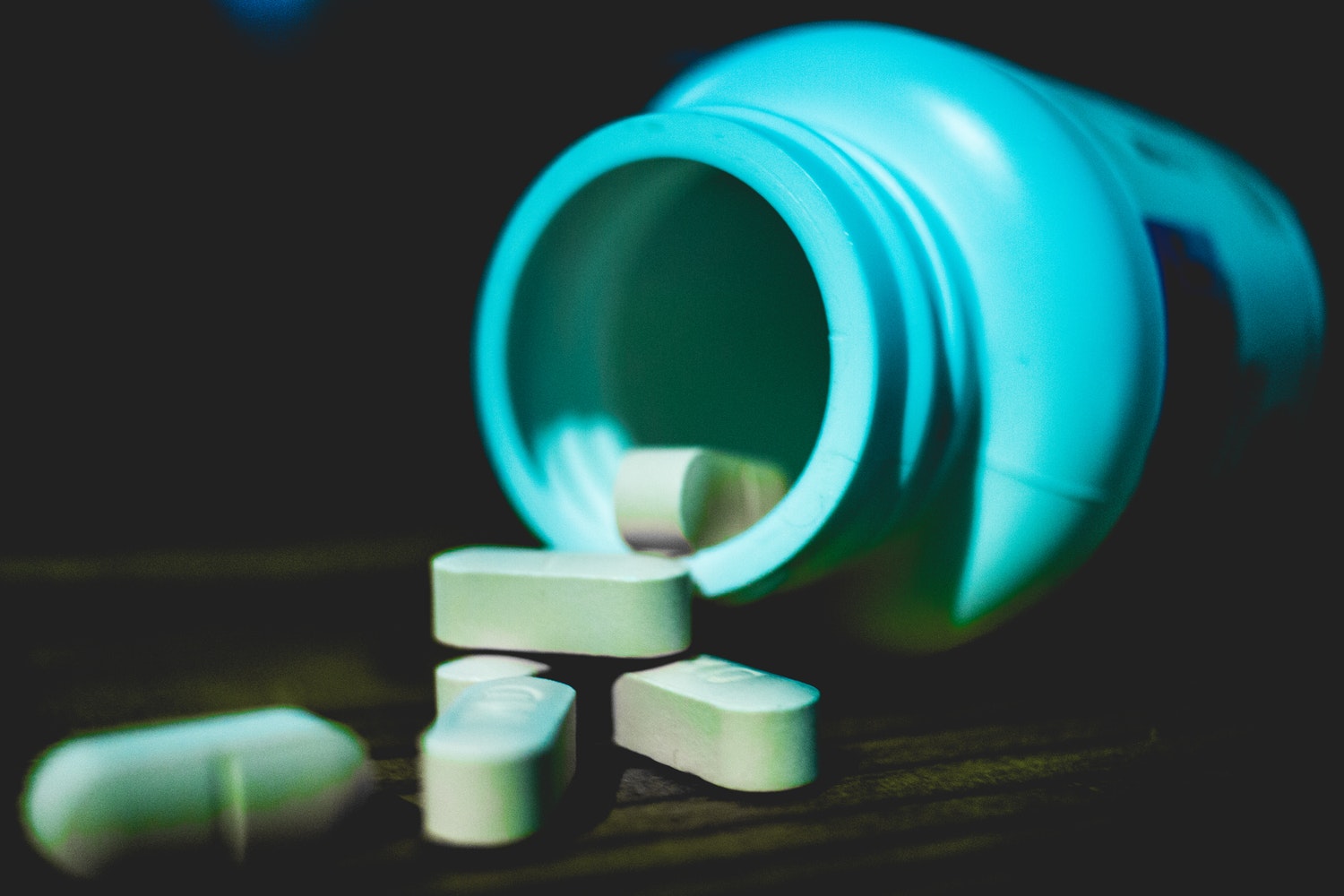Two new developments have surfaced about the opioid crisis today, the first related to one of it’s driving factors and the other to an attempt to alleviate the crisis itself. One of these stories involves government, and one involves a corporation.
The first comes from a report released by the Senate Homeland Security and Governmental Affairs Committee. It alleges that medicaid fraud is helping to fuel opiate abuse. It’s findings? Well, only a little over a thousand people have been convicted or charged recently for improperly using Medicaid to opioid prescriptions, to abuse or to resell on the streets. The number actually seems small, given we’re talking about a period of years, but healthcare fraud is very rarely detected.
There were dissenters, however. The top Democrat on the committee, Claire McCaskill, said “This idea that Medicaid expansion is fueling the rise in opioid deaths is total hogwash. It is not supported by the facts.”
So what are the facts, by the numbers?
* The number of people caught for medicaid fraud increased 18% annually in the 4 years following medicaid expansion under Obamacare.
* The number of actual criminal cases increased 55%. Some of those charged were charged with significant amounts of fraud and resale, like a woman in Tennessee charged with 87 counts of fraud from stealing prescription slips and forging doctor signatures.
* A GAO report found that there were 170,000 Medicaid beneficiaries receiving prescriptions from five or more doctors.
* 80% of the Medicaid opioid cases were in Medicaid expansion states, especially in states like New York.
* Drug overdose deaths as a percentage of population are rising nearly twice as fast in expansion states as it is in non-expansion states.
McCaskill didn’t mention which kind of alternative facts she was using for the disconnect.
To be fair, opioid overdoses have been increasing among those of all types of insurance, and obviously not all of he opioids sold on the black market come from Medicaid fraud. Opioid prescriptions has trended slightly downward. But the differences between expansion and non-expansion states, if these numbers are true, is staggering.
The second story on the opioid crisis comes from Walmart, who has announced several measures aimed at combating the problem.
First, they are partnering with DisposeRX on a solution given free with certain medications like opioids to safely dispose of unused pills. It’s a chemical blend that, when mixed with water, can safely dispose of pills. How will that help? Well, about two thirds of those who abuse opioids get them from family and friends, many of which provide supplies unwillingly. According to Walmart,
“about one-third of medications sold go unused. Too often, these dangerous narcotics remain unsecured where children, teens or visitors may have access.”
According to John Holaday, CEO of DisposeRX, “70% (of the opioid problem) begins in the medicine cabinet”. Now, I don’t have any statistics on what kind of impact offering these packets will likely make. It seems to me that most opioids are flushable with minimal to zero harm to anything like water supplies. But it’s an honest attempt to deal with a real problem, and not the first attempt by a major corporation has made towards this end.
Two years ago, Walgreens installed safe medication kiosks at their pharmacies. In the two years of the program’s operation, they collected 155 tons of unwanted medication. Tons.
CVS limits opioid prescriptions to seven day supplies, drug disposal boxes at some pharmacy locations, and counseling to patients prescribed opiates for the first time.
In addition to disposal solutions, Walmart has also announced free ongoing counseling to prescription customers at 4,700 pharmacy locations. Again, how many people will actually participate in such a service is debatable, but it’s one more step being taken.
These stories are linked in a meaningful way. While investigations seem to point to government programs and it’s mismanagement of them fueling an increase in supply, many large private corporations have become focused on decreasing that supply for those who don’t need it (such as children or teens with access to parent’s medicine cabinets), as well as offering services to prevent users from becoming abusers.
Though that may help with libertarian confirmation bias, however, it’s not exactly that simple.
When it comes to a drug abuse epidemic like what we see with opioid use, placing the blame or expecting the solution to come primarily from corporations or government seems pointless. Sure, we could always use services provided by the market, or focus government resources away from marijuana and toward more dangerous drugs viewed as a health problem rather than a criminal justice one. We could definitely start by not allowing government to actively make the problem worse. We could use either as tools to a limited extent. But neither can be structured in a way effective enough for what we truly need.
What we really need are advancements instead lead by society, communities, parents, peers, churches, and more than anything by individuals that make up each of those groupings. What we need is to help one another out rather than relying on committees or corporations to tell us what we already know or provide solutions that are already apparent.





2 comments
… [Trackback]
[…] Read More Information here on that Topic: thelibertarianrepublic.com/opioid-abuse-from-medicaid-fraud-to-walmart/ […]
… [Trackback]
[…] Read More on that Topic: thelibertarianrepublic.com/opioid-abuse-from-medicaid-fraud-to-walmart/ […]